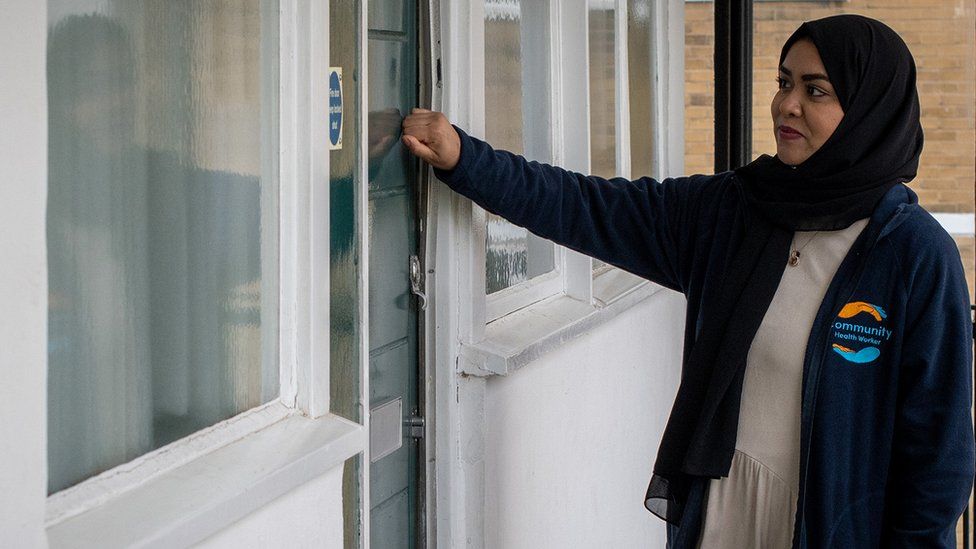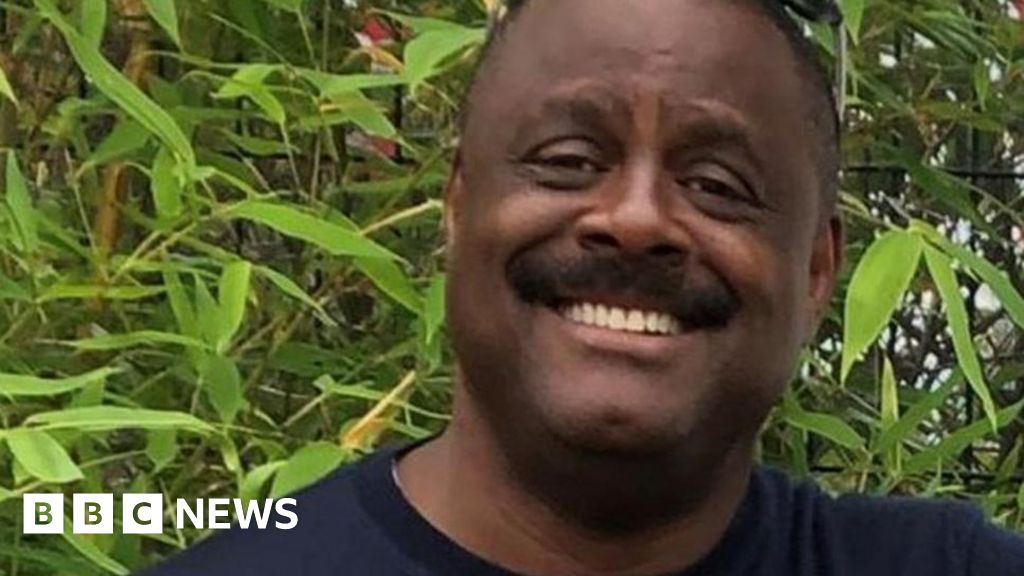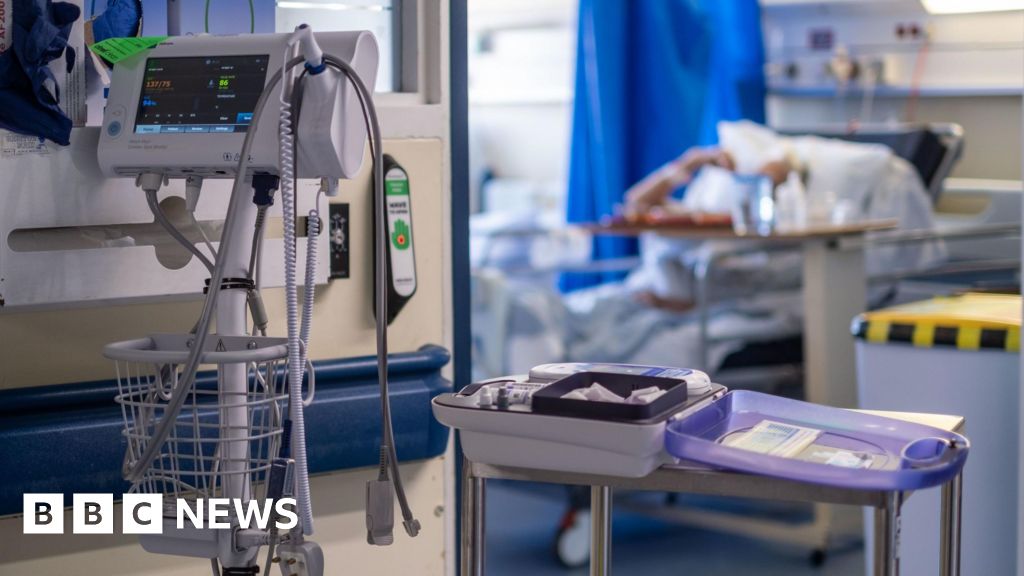ARTICLE AD BOX

Nahima Begum is a community health worker in Pimlico
By Naomi Grimley
Global Health Correspondent
Knocking on doors to check on people's health and catch problems before they escalate is common practice across Brazil. But could that approach work in the UK?
Comfort and Nahima are on their regular beat around Churchill Gardens, a council estate in the Pimlico neighbourhood of London.
Dressed in blue fleeces with logos, they steadily climb the concrete staircases of each block on the estate.
Comfort, a retired nurse, is off to see 88-year-old Stanley Smithson. He says "loneliness is a very frightening aspect of old age" which he had not anticipated until one of his daughters moved to New Zealand. He jokes Comfort's visits are exactly that - a comfort.
"She's keeping an eye on me. I notice she's discreetly taking notes because she's making her own observations," he said.
"And then - before I know it - I'm being asked to go into the surgery for a blood test or something."
Comfort and Nahima are two out of four door-knockers on this small patch, visiting residents as part of a proactive community healthcare pilot.
They can help with anything from housing issues which impact health, such as overcrowding, or pick up the early signs of diabetes by chatting informally to residents about their lifestyle.
It is an approach to healthcare which has been successful in the poorer parts of Brazil.
Stanley Smithson says "loneliness is a very frightening aspect of old age"
Comfort can give practical assistance too - she once helped Stanley get handrails fixed in his bathroom after he had a hip operation.
She points out the job is supposed to have a broad remit.
"We're not just talking about health. We go beyond health. We can liaise with housing and we'll talk about anything and everything," she said.
Above all, she has time to listen which she says GPs do not always have given the strict time limit on appointments.
Nahima is also going house to house and is not deterred by sometimes having the odd door slammed in her face.
She says it is a job that requires patience but she has already seen a concrete way her role can make a difference to community health after she solved the puzzle of why the estate had low take-up of cervical screening tests.
"We had a number of women who, because they come from different ethnic populations, thought that a smear test would cost them money," she said.
"When we started there were quite low numbers coming for smear tests but since then they have shot up."
These community health workers are partly funded by the local authority and partly by the NHS so they can co-ordinate between the local GP surgery and other social services.
Local GP Dr Connie Junghans-Minton says the proactive approach had led to fewer requests for appointments
The National Institute for Health Research helped crunch the data from the pilot. Households which had been visited regularly were 47% more likely to have received immunisations and 82% more likely to have taken up cancer screening, compared to other areas.
The idea to import this model to the UK came from Dr Matthew Harris, a public health expert at Imperial College London who worked as a GP in Brazil for four years. There, community health workers have been credited with achieving a drop of 34% in cardiovascular deaths.
"In Brazil they have scaled this role to such degree that they have 270,000 community health workers across the whole country, each of which looks after 150 households, visiting them at least once a month," Dr Harris said.
"They've seen extraordinary outcomes in terms of population health in the last two or three decades. We think we've got a lot to learn from that."
At the local surgery in Pimlico, Dr Connie Junghans-Minton is convinced the pilot is having an effect as there are now fewer requests for appointments which do not really need the doctor, such as requests for housing letters.
She says she likes the fact that the community healthcare workers are her eyes and ears on the estate.
"They have discovered real medical problems in the community which wouldn't have come to our attention otherwise," she said.
"In the olden days it used to be the village GP who knew everyone, but we don't have that anymore and we can't go back to that. This initiative feels to me like it could be a natural way forward."
Already, other areas of the country are copying the project - similar schemes have already been implemented in Calderdale, West Yorkshire, and Warrington, Cheshire, by local primary care networks.
Parts of Norfolk and Cornwall are also interested in following suit.
It would cost £300m to roll it out in the poorest areas of England, according to Imperial College London, but advocates point out it could save lots of money down the line.

 2 years ago
49
2 years ago
49








 English (US) ·
English (US) ·